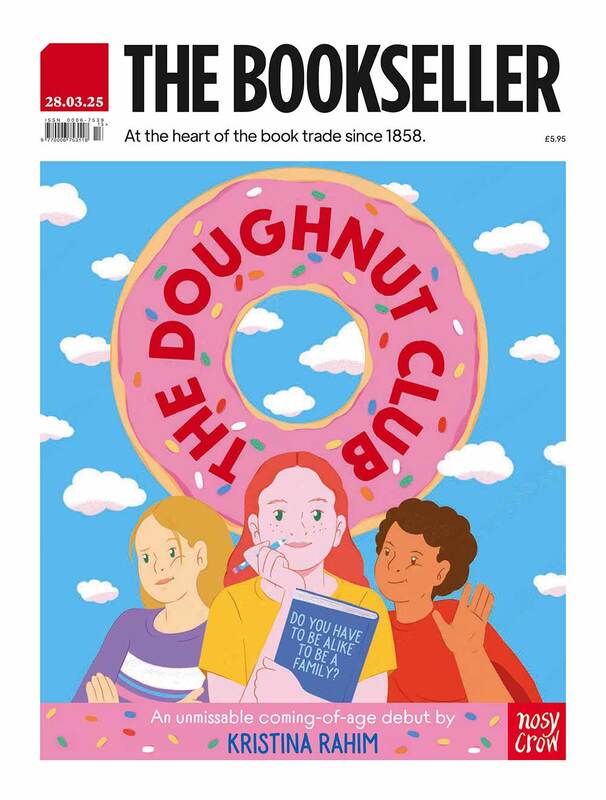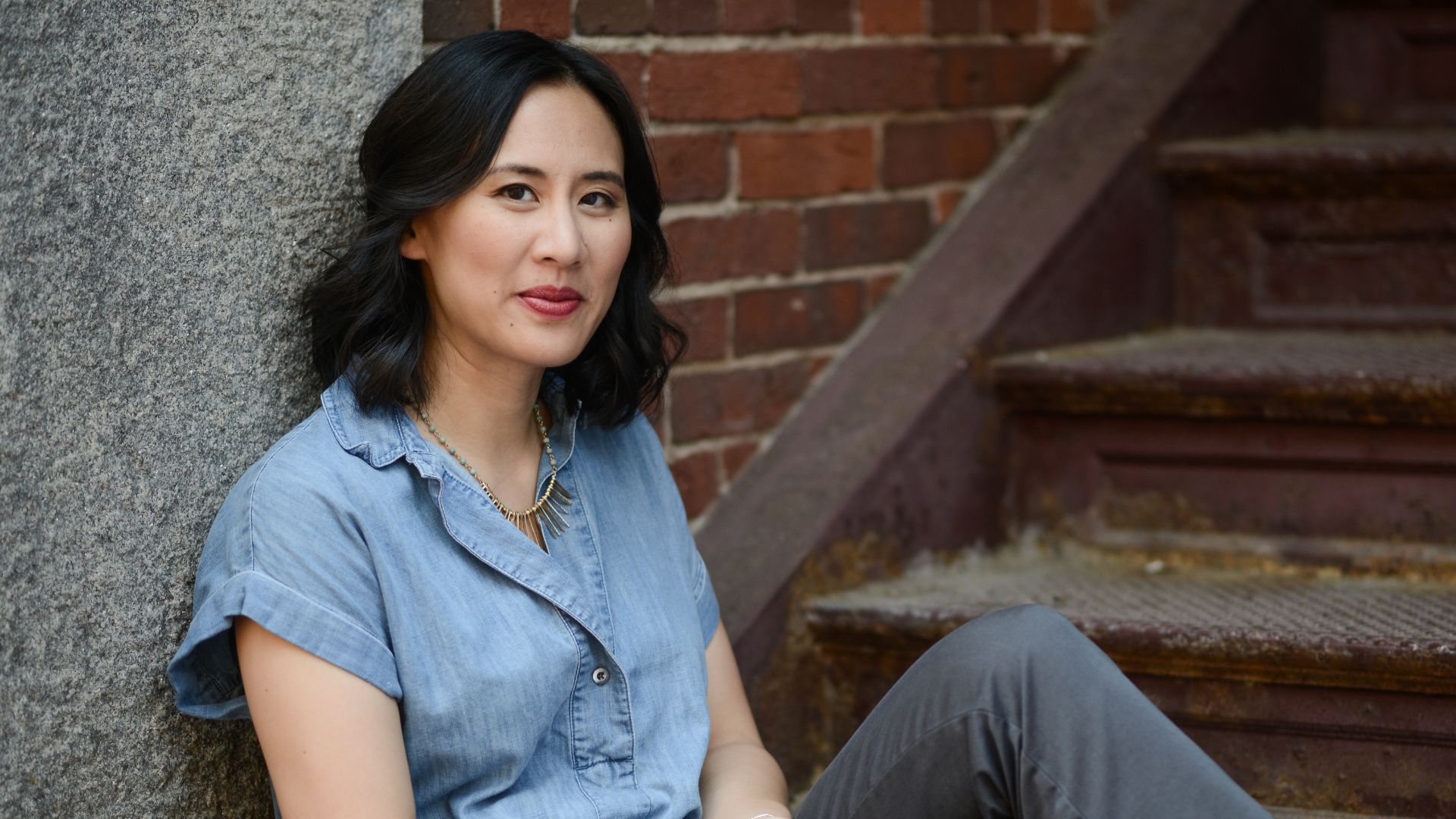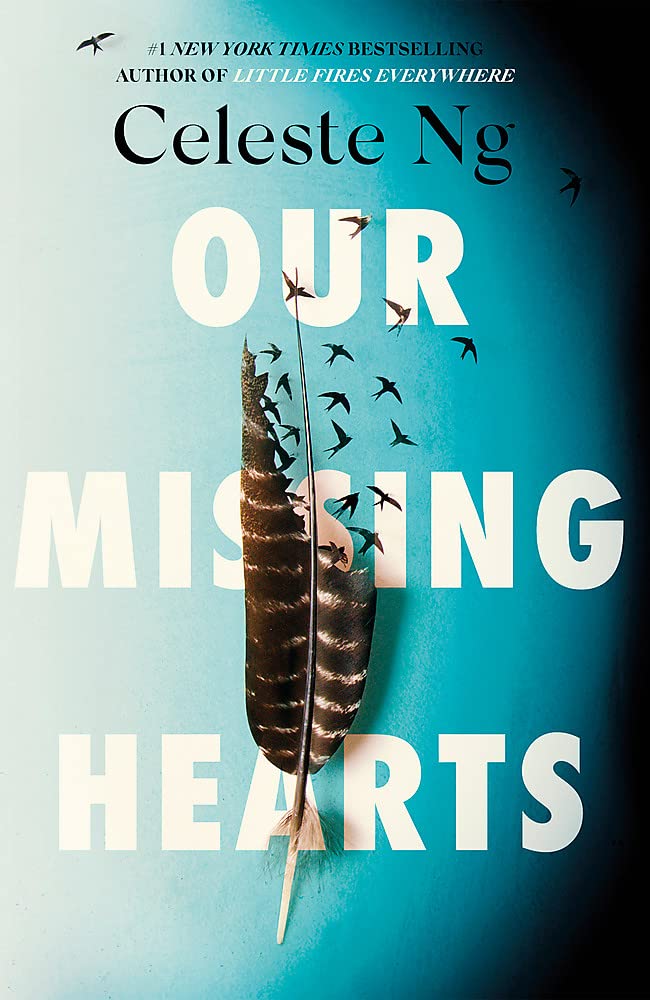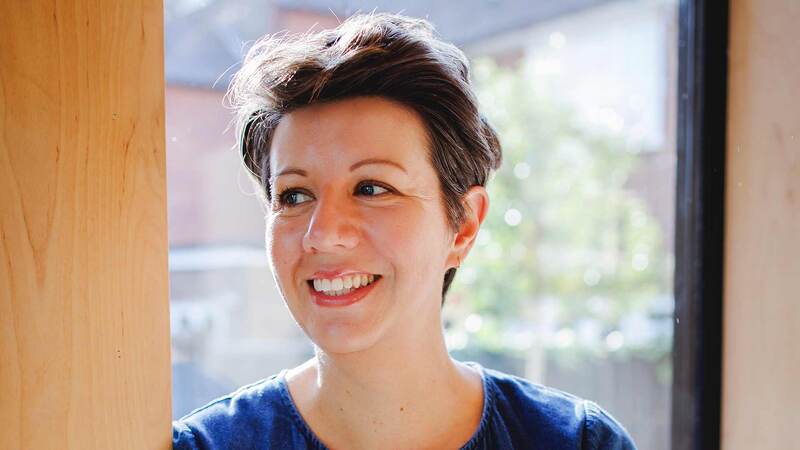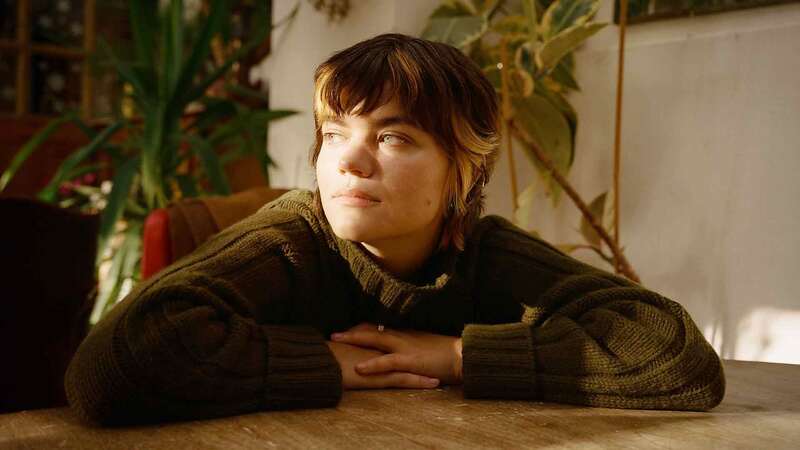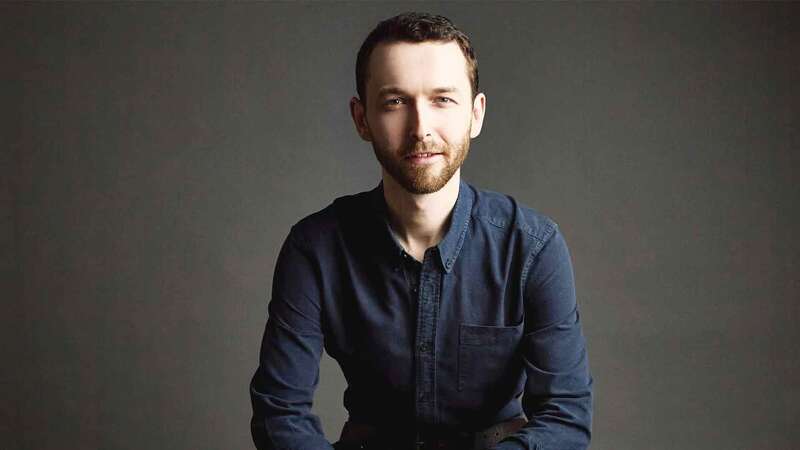You are viewing your 1 free article this month. Login to read more articles.
Celeste Ng discusses her third novel and how to hold on to hope
Celeste Ng’s third novel moves beyond intimate family relationships into the politics of a near future America
Complicated family relationships lie at the heart of Celeste Ng’s novels. Her 2014 début Everything I Never Told You is set in 1977 and focuses on a Chinese American family in small town Ohio who are devastated by the mysterious death of their middle daughter. Her second novel Little Fires Everywhere is a story of race, identity and family secrets set in 1998 in Shaker Heights, a suburb of Cleveland, Ohio—where Ng herself grew up. The latter was a huge hit, both in her native US where it spent week after week on the New York Times bestseller list, and internationally—it was translated into more than 30 languages. Reese Witherspoon’s production company snapped up the TV rights immediately, and the book was adapted into a series starring Witherspoon and Kerry Washington.
Speaking over the phone from her home in Cambridge, Massachusetts, Ng explains that she originally planned her third novel to be a “conventional” story about a mother and a son, a specific relationship she had not explored in fiction before. It would be a domestic drama in the vein of her earlier bestsellers and she was thinking along the lines of a mother who creates art, and a son who perceives his mother’s creative side as a rival, something that takes her away from him.
“In the months and then the years that followed I think a lot of tensions that were already in our country started coming to the surface
Ng began writing in October 2016, but a month later the US elected a new president. “The early years of the Trump administration were a very distracted time for me as a writer,” she says now. “There was so much going on outside of the page that it was sometimes hard to focus on what was going on on the page."
“In the months and then the years that followed I think a lot of tensions that were already in our country started coming to the surface”. As the world she was living in started to change, so too did her nascent novel. “It started to feel dishonest to try and write about the issues that I was thinking about—writing about families and parent-child relationships—without touching on some of these issues that I saw happening in the world around me. It became harder to write about race and ethnicity and the ways that people might view you in light of the increasing xenophobia here.” In short, she says, “The outside world came bleeding in.”
Our Missing Hearts begins the story through the eyes of 12-year-old Noah Gardner—known as Bird—who is living in a cramped two-room apartment with his single father, a former linguistics professor who now shelves books in Harvard University library. Bird’s mother, a Chinese American poet named Margaret Miu, left the family three years earlier and Bird has heard nothing from her since. So the central mystery is set up—why did Margaret leave, and where is she now?
Bird’s father has impressed on him the need to live quietly, to avoid attracting attention and thus danger. For this is a near-future America, a place governed by a draconian new law: PACT, which stands for Preserving American Culture and Traditions. At school, the importance of PACT is drummed into Bird, and he is taught how it arose out of the Crisis—a period of economic instability in the US due to shortages of food and energy which led to strikes, riots and violence. The Crisis is ancient history to Bird but a post-PACT world is all he knows; books removed from libraries, schools with restricted internet access and a rise in anti-Chinese racism as the Chinese were made the scapegoats by the government and the media. Most chillingly, the state has the power to remove children from their families if their parents are deemed unpatriotic.
I tell Ng that the world Bird is living in feels very close, as though these things could quite feasibly happen, maybe not next month but perhaps the month after that. Banning books, censorship, the rise of nationalism—all of this is nothing new. Ng explains that she kept in mind Margaret Atwood’s dictum when writing The Handmaid’s Tale (Atwood wrote “I made a rule for myself: I would not include anything that human beings had not already done in some other place or time, or for which the technology did not already exist.”) Our Missing Hearts is “a few degrees off where we are”, says Ng, and involved “taking what was happening [in real life] and turning it up to 11 so that it’s a little bit easier to see.”
When a mysterious letter arrives for Bird—it contains no words, just drawings of cats, and in the right-hand corner, a tiny clue—he realises it is from his mother and he is determined to decipher its meaning in the hope it will lead him to her. To do that, he will need the help of librarians who, it turns out, form a crucial part of the resistance to PACT. The well-worn trope of mild-mannered, bespectacled librarians is transformed as they are presented as fearless front-line activists.
Every librarian I’ve met has the attitude of ‘if you want to know something, I will try and help you learn it’
Ng explains that she grew up adoring libraries “as a treasure house, where you could go in, stay as long as you wanted and explore. For a book-loving kid, it was magic."
She worked at her university library stacking shelves while she was a student at Harvard and often writes now in her local public library and is full of admiration for librarians. “There’s something really beautiful, and I think heroic [about them]. Every librarian I’ve met has the attitude of ‘if you want to know something, I will try and help you learn it’.” So when she was thinking about who in society might be “trying to keep track of what was happening, trying to document [everything]… it seemed obvious to me it would be the librarians.”
The second part of the novel is Margaret’s story, and tells of her first-hand experience of the Crisis, its savage aftermath and how she came to make the choices she made. At its heart this is a novel about a mother’s unwavering love for her son, but it is also about resistance in the face of fear and oppression. Despite the bleakness, there is hope.
Ng explains Our Missing Hearts was written in answer to the question: “How do we hold on to hope in a world that feels very dark, that feels like it’s going down the drain? Because that is the thing that I am asking myself on an almost daily basis. There are so many crises that we are facing in the world today… there are so many things to be fearful of, how do we hold onto any kind of hope?”
“Specifically for people who raise children; how do we raise the next generation to try and make the world better? It feels a little bit hypocritical—‘no, you’re going to make the world better because we’ve messed up but you will fix our problems’.
A larger question is, can art play a role in this at all? Can it make any kind of positive difference in the world, or is it just a waste of time in the face of all these [crises]? By extension, can one person make any difference, or is it just one fish swimming against the tide?
“I think those are the questions I’m asking myself as a person trying to live in 2022, and I hope that they will resonate with other people too, and this book will get them to think about their answers to those questions.”

